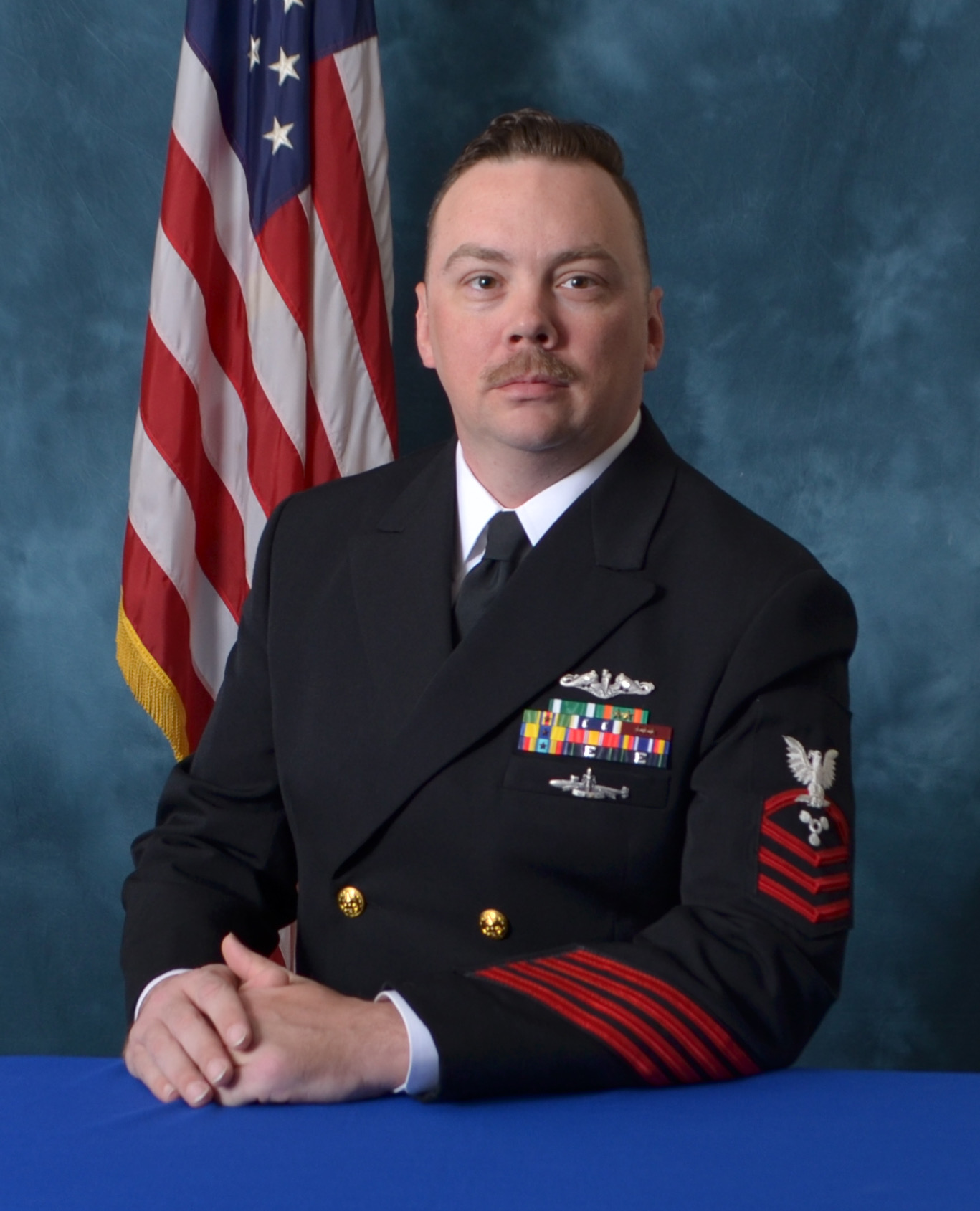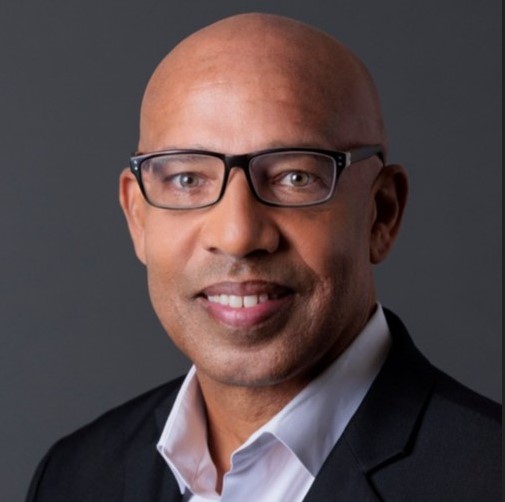Honoring Our Veterans: John Livingston

John served in the Navy for 21 years in the submarine force and did everything from systems maintenance as junior sailor all the way up through managing maintenance for an entire warship. He also was an instructor for six years in two different schoolhouses as well. John’s expertise in team building, personnel management and project management have made him an incredible asset in his role as the functional training program manager for McKinstry’s Service team.
In the Q&A below, you can learn more about John’s journey and his experience in the Navy and as a veteran.
Learn More About John’s Experience:
I served in the Navy for 21 years in the submarine force as a torpedoman’s mate or weapon systems mechanic, so my background is in electrohydraulic, air and seawater system maintenance among other responsibilities.
My most proud moment was during my Chief tour on board the USS SANTA FE leading a division of my own. We went on a couple of 6-month deployments where I had the chance to train fellow sailors to do the mission and watch them grow while supporting several missions vital to national security.
I wasn’t sure what I wanted to do when I started the fellowship with Hiring Our Heroes. In the Navy, I did everything from systems maintenance as junior sailor all the way up through managing maintenance for an entire warship. I was an instructor for six years in two different schoolhouses as well. As you can imagine, my resume was broad, so I had to whittle it down to what would support me best in my next career.
The Hiring Our Heroes fellowship program, among other resources like USO Pathfinder, gave me the help I needed to explore different industries and roles. Through this process, I realized that an individual contributor role was a good fit and after talking with other veterans, the importance of company values, vision and mission became clear factors in my decision process as well. McKinstry aligned well in that regard, so I threw my name in the hat and luckily enough, my training background qualified me for a program manager role and the rest is history.
How to successfully work with people. Anytime you hear someone who served in the military, they talk about how diverse it is. You are dealing with people from every demographic, and everyone is unified once they put that uniform on despite having unique needs. I gained the ability to interact with people effectively and lead them towards a common goal.
My time as an instructor in the Navy helped me understand the science of learning, how adults learn and curriculum development. My mechanical background gives me insight into all the great work our people do every day. These skills support my role as a Functional Training Program Manager in the Service LOB. At McKinstry, the role provides the ability to work cross-functionally with people outside my line of business both internally and externally.
As humbly as I can state it—and I do not think it applies to just me but veterans in general, whether they have served four years or 30—the soft skills I have learned such as leadership, communication and networking help get tasks done. Having those soft skills translates to an ability to maximize resources or find the silver lining on your toughest day on the job.
I try to utilize my perspective at McKinstry to focus on both honoring and de-stigmatizing veterans. Sharing my understanding that veterans are coming to work to do a good job and support the same vision and values as other employees is a benefit to any company. There may be misconceptions about integrated veterans and I’m here to say that if you’re curious about their service it is okay to ask—most people don’t have a problem sharing.
The Fellowship was amazing. It does a fantastic job setting up meaningful events and meet and greets to get a sense of what McKinstry is and how it supports its people, clients and businesses. The fellowship team goes above and beyond to showcase the opportunities available at the company and paint the picture of what a career at McKinstry could look like.
Manage the vast number of resources available to you and ensure you take full advantage of whatever support you need to fit your situation. Non-profits like Hiring Our Heroes, USO Pathfinder and The Commit foundation provide outstanding services for transitioning military members. Work with your base service office such as Fleet and Family to set up and actionable plan for your separation or retirement.
Explore Other Insights

Dawson Ventures’ Lab Space
McKinstry’s new lab space redefines how we innovate and collaborate in the built environment. Located at our headquar…

McKinstry Adds Expertise to Environmental Health and Safe…
When speaking of what led Stephen to the world of Environmental Health and Safety (EHS), the first thing that comes t…

Industry Ecosystems Are Changing the Construction World
By Donald Chung, Program Director, Dawson Ventures Innovation Is Set To Transform the Construction Sector Innov…